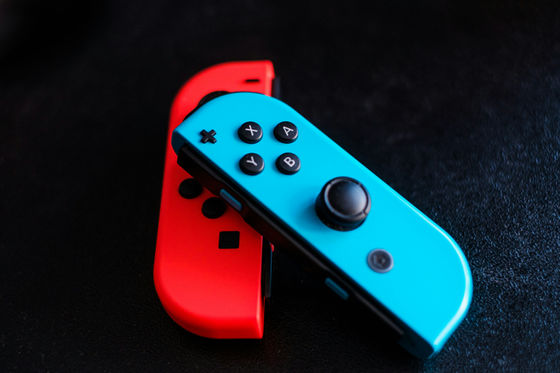What impact did Nintendo's lawsuit against Yuzu have on the emulator development community?

Nintendo
How Nintendo's destruction of Yuzu is rocking the emulator world - The Verge
https://www.theverge.com/24098640/nintendo-emulator-yuzu-lawsuit-switch-aftermath
On the bulletin board social news site Reddit, there is an online meme that compares Yuzu, which has been suspended from publication, to the mythical Hydra . Similar to Hydra, which regenerates when its head is cut off, similar emulators such as Suyu, Sudachi, Lemonade, and Lime appeared soon after Yuzu's release.
Some people may think that the emulator developers are disrespecting Nintendo's legal measures if they say that another emulator was born soon after one emulator was discontinued. The Verge explained, 'These lawsuits are being treated as a lesson not to offend Nintendo.'
For example, Suyu seeks to avoid lawsuits by monetizing its emulators and creating rules that explicitly prohibit copyright infringement.
Successor project ``Suyu'' utilizing the source code of Nintendo Switch emulator ``Yuzu'', which was sued by Nintendo, has started, and measures are also being prepared to avoid lawsuits from Nintendo - GIGAZINE

Emulator developers have also removed Yuzu features that made it easier to access pirated games. In Nintendo's Yuzu lawsuit, one of the points at issue was Yuzu's ability to generate encryption keys. Therefore, the successor project, Suyu, now requires users to obtain the key and firmware themselves from the Nintendo Switch itself.
Many other developers The Verge spoke to also appealed in their own ways that they were not infringing on Nintendo's interests. For example, one developer made it impossible to obtain early access builds without making a donation, but he stopped doing that and started publishing them on GitHub. Another developer told The Verge that some emulators, such as Dolphin, have strictly prohibited accepting donations and have made their income and expenditures public for anyone to verify that they are non-profit.
While some developers are discouraged by Nintendo's Yuzu lawsuit, others are bullish. Section 1201 of the Digital Millennium Copyright Act allows limited circumvention of copy protection for 'interoperability of independently created computer programs with other programs,' and Dolphin is I argued that this also applies to sharing.

As you can see, the reactions of emulator developers interviewed by The Verge were broadly divided into two categories: pessimism and optimism. According to The Verge, following the suspension of Yuzu's publication, seven emulator developers have withdrawn from the project, closed the project, or completely retired from emulator development. The remaining developers are also careful not to become targets, and The Verge declined to be interviewed by five developers. Furthermore, some people tried to delete their answers to The Verge's questions for fear of media attention.
On the other hand, there were four developers who were optimistic that Nintendo would not take notice and believed their legal footing was solid. One developer who is particularly confident among them told The Verge, ``If we're sued, we'd like to fight.But at the same time, we believe that we exist because we are not against Nintendo.'' I am also aware of this.'
Related Posts:
in Game, Posted by log1l_ks






